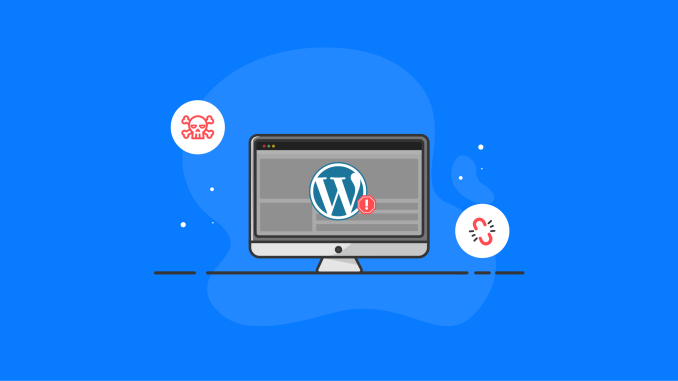
In the digital age, speed is everything. A few seconds of delay can feel like an eternity when you’re browsing the web. Whether you’re researching, shopping, or simply surfing, knowing how to navigate the web efficiently can make a huge difference. Here are some top website hacks to make your browsing experience faster and more enjoyable.
Speed Up Your Browser
Clearing Cache and Cookies
Benefits of Clearing Cache
Clearing your cache regularly can free up space and speed up your browser. It removes old data that can slow down page loading times.
How to Clear Cache and Cookies
Most browsers allow you to clear your cache and cookies through the settings menu. For instance, in Chrome, you can go to Settings > Privacy and security > Clear browsing data.
Updating Your Browser
Why Updates Matter
Browser updates often include performance improvements and security patches. Keeping your browser up-to-date ensures you’re getting the best performance and protection.
Steps to Update Your Browser
In most browsers, you can update by going to the About section in the settings menu. For Chrome, it’s Settings > About Chrome.
Utilize Browser Extensions
Best Extensions for Faster Browsing
Ad Blockers
Ad blockers can significantly speed up page loading times by preventing ads from loading. Popular choices include Adblock Plus and uBlock Origin.
Script Blockers
Script blockers like NoScript can prevent unnecessary scripts from slowing down your browsing experience.
Managing Extensions for Optimal Performance
Enabling Essential Extensions
Keep only the extensions you need active. Disable or remove any that you don’t use regularly to avoid unnecessary load on your browser.
Disabling Unnecessary Extensions
Regularly review your extensions and disable those that aren’t in use. This can reduce memory usage and improve performance.
Mastering Keyboard Shortcuts
Essential Navigation Shortcuts
Opening and Closing Tabs
- Ctrl + T (Cmd + T on Mac): Opens a new tab.
- Ctrl + W (Cmd + W): Closes the current tab.
Switching Between Tabs
- Ctrl + Tab (Cmd + Option + Right Arrow): Switches to the next tab.
- Ctrl + Shift + Tab (Cmd + Option + Left Arrow): Switches to the previous tab.
Advanced Shortcuts
Reopening Closed Tabs
- Ctrl + Shift + T (Cmd + Shift + T): Reopens the last closed tab.
Using Search Shortcuts
- Ctrl + L (Cmd + L): Focuses the address bar for quick searches.
Optimizing Your Settings
Adjusting Browser Settings
Enabling Hardware Acceleration
Hardware acceleration can improve performance by using your computer’s GPU to render web pages. This setting is usually found in the advanced settings of your browser.
Managing Startup Pages
Limiting the number of tabs that open when you start your browser can speed up the launch time. Adjust this in your browser’s settings under startup options.
Customizing Privacy Settings
Blocking Third-Party Cookies
Blocking third-party cookies can enhance privacy and potentially speed up browsing by reducing tracking scripts.
Setting Up Do-Not-Track Requests
Enable do-not-track requests in your browser settings to minimize tracking and improve speed.
Enhancing Search Efficiency
Using Search Operators
Site-Specific Searches
Using site:example.com in your search query can help you find information within a specific website quickly.
Excluding Terms
Use the minus sign - to exclude certain terms from your search results, narrowing down the information you need.
Using the Omnibox
Quick Calculations
You can perform quick calculations directly in the browser’s address bar, which saves time compared to using a separate calculator app.
Leave a Reply